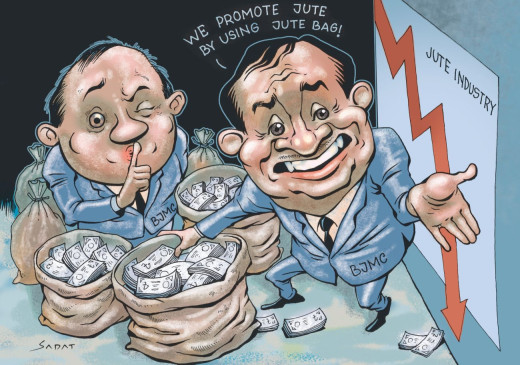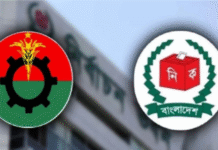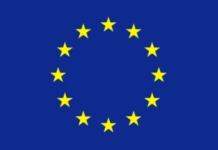Nexus of unscrupulous traders, BJMC staff sends Golden Fibre in the red

“We are a fully-fledged business organisation and are able to market and sell our goods directly. But influential quarters always prevented us from doing so,” said a director of BJMC wishing not to be named.
The official said the BJMC produces the best products in the world and there is a huge demand and good prices for these items.
According to the BJMC and market players, the jute minister of the BNP government in 1991 had given a Gazipur-based businessman the sole agency of the BJMC’s jute products. If other exporters, including enlisted ones, wanted to buy BJMC goods, they had to go to that businessman, who was dubbed “mini BJMC” at that time.
Then a group of Indian jute traders were able to influence the BJMC and had bought its goods in late 1990s and early 2000s. Then a Sudanese businessman, Amin Abdellatif, who is also honorary consul general of Bangladesh in Sudan since 1991, got strong influence in the BJMC. His country is a major market of jute products, especially B Twill bags (sacks).
Amin became BJMC’s exclusive agent in Sudan market in 2006 and was able to enjoy the benefits for a few years.
When the Awami League assumed power in January 2009, things started leaning to businessmen who are linked to the ruling party.
Mushtaq Hussain, who has been in the jute trade since 1988, came to the scene. He is close to the AL and his wife is a ruling party lawmaker. His identity has made him a powerful man in the BJMC and the entire jute industry.
According to Mushtaq, his Golden Fibre Trade Centre has exported jute goods worth Tk 600 crore only to Sudan in the last five years.
“At least 80 percent of the jute products I exported to Sudan were made by the BJMC,” Mushtaq told The Daily Star.
He refuted allegations that he bought jute goods from the BJMC at lower than the market prices.
But several BJMC officials said it was not Mushtaq alone who bought BJMC-made jute goods at lower prices. Politically connected businessmen like him had done it before.
“We never got the right price for our products from these quarters. They always profited 10-20 percent by selling our products,” said the BJMC director.
For example, he said when per 100 pieces of B Twill bags were sold for over $100, this powerful quarter bought those for $84.
According to the market players, this was not possible without the help of the BJMC officials. They said some officials in the state-owned corporation earned a lot of money at the cost of the BJMC.
“Corruption in the BJMC has become so rampant, especially in recent years that there is no accountability there. The BJMC actually has no reason for incurring losses,” said Mushtaq.
He said a business organisation cannot be run with bureaucrats. They are not professionals, they only take benefits, make money and get posted somewhere else after a few years, he said.
Mirza Azam, state minister for textiles and jute, admitted that there had been rampant corruption in the BJMC for the last 40 years.
“There was corruption in every stage, from buying of raw jute to the selling of products,” said Azam.
The state minister also described how he was trying to prevent theft in the state-run corporation.
He said in recent months they reduced the number of offices that bought raw jute to 56 from 180. He said the offices were the centres for corruption.
“The BJMC earned more money in the first eight months of fiscal 2015-16 even by selling 17,000 tonnes less products compared to that of the corresponding period a year ago,” said the minister giving an example of the corruption at the BJMC.
Presently, the BJMC has 26 mills, including three non-jute mills. Of the mills, one is closed.
The BJMC mills produce 500 tonnes of jute goods a day. The corporation has a plan to take the production to 700 tonnes a day to turn the BJMC a profit-making concern.
Source: The Daily Star










